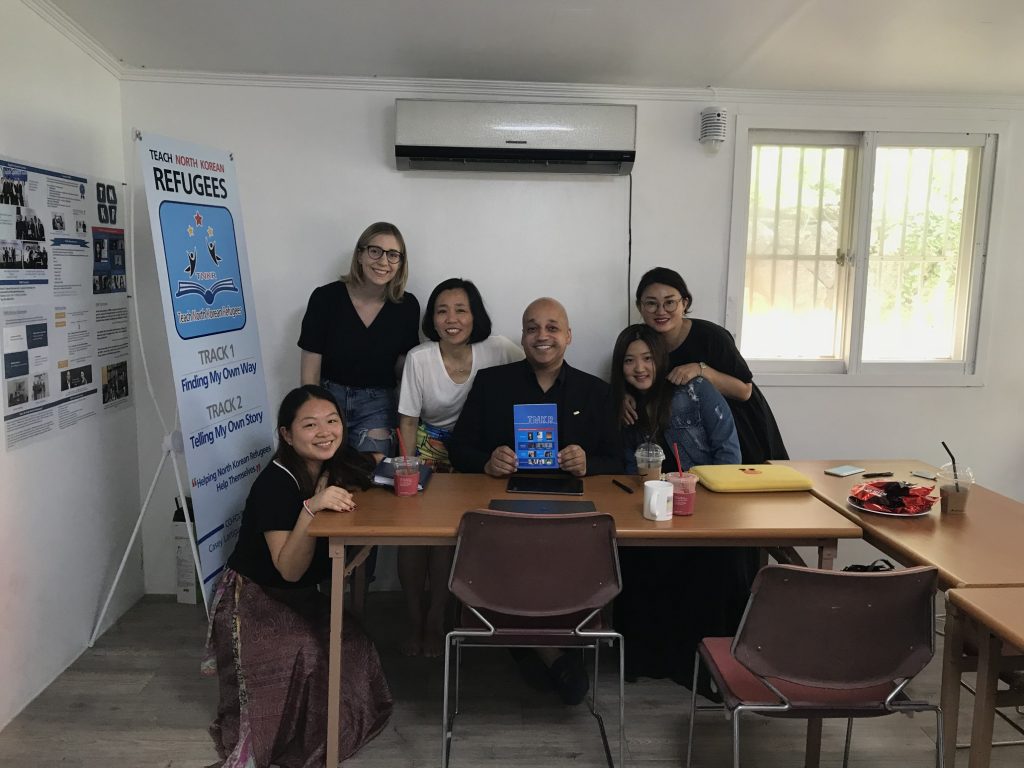Teach North Korean Refugees (TNKR)
I am so lucky I was able to do a localization internship with an organization like TNKR, which relies on the donated time and money of volunteers for most of its operations. I had three main goals in creating localization processes for TNKR this summer: 1) improving the quality of translated content, 2) working on various types of localization projects, not just translation, and 3) creating guidelines and utilizing automation to ensure that the cofounders, with no background in localization, could continue with localizing content after I complete my internship.
To improve the quality of TNKR’s translated content, I created various instructional documents for current and future linguists at TNKR. Originally, volunteers with little to no background in translation translated content for the organization. I created language style guides for these linguists to review before they begin working on content. These guides allow linguists to refer to a uniform set of language, grammar, and formatting rules to ensure higher quality content. I also created glossaries, or language dictionaries, for each language pair (six languages total), so linguists to use the most correct terms in their work.
I wanted to expand the types of content localized beyond just news articles and blog posts about TNKR to provide a true multilingual experience for TNKR’s global audience. I, along with classmates from MIIS who volunteered as vendors for TNKR, created localized versions of TNKR event posters into multiple languages using Adobe Suite programs. We also translated and made audio recordings of Korean radio clips about TNKR. Lastly, we translated and subtitled YouTube videos about and made by TNKR.
I am still working on my third goal, which is setting up automated processes and writing guidelines for the TNKR cofounders and staff, who does not have any background in localization, to continue localization projects on their own. I have started compiling simple guides and workflows on explaining the lifecycle of localization projects, as well as set up automated functions on the TNKR website to prepare content for translation and localization.

“Bilingual fundraising planning session with TNKR founders and volunteers.”



You must be logged in to post a comment.